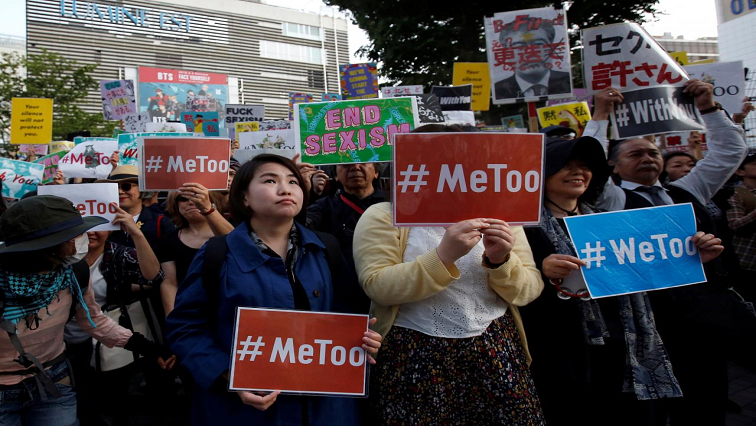A survey on sexual harassment at the United Nations has found that one in three respondents experienced sexual harassment in the workplace in the past two years.
The online survey, conducted by Deloitte last November, was completed by over 30 000 people working for the UN and its agencies, but represents just a fraction of those eligible.
The UN Secretary General Antonio Guterres wrote in a letter to staff that the Safe Space report contained some sobering statistics and evidence of what needed to change to make a harassment-free workplace a reality for all.
The Safe Space Survey was administered online in six official UN languages to obtain information on sexual harassment with the global UN system. A total of 30 364 staff and non-staff personnel from across 31 entities participated; a response rate of just 17.1%.
UN Secretary General’s Spokesperson Stephane Dujarric says that this survey gave a benchmark for UN to monitor progress as it is a first of its kind.
“It found that the UN was basically in line with a lot of other institutions. The response rate was about 17% which is on the low end, but according to the contractor who conducted the survey, it’s also within the margins. It’s also important to say that it’s the first such survey which gives the UN system a kind of benchmark on which to monitor progress.”
21.7% of respondents said they were subjected to sexual stories or offensive jokes. 14.2% received offensive remarks about their appearance, body or sexual activities. 10.9% experienced gestures or body language of a sexual nature that offended them while 10.1% experienced touching which made them feel uncomfortable.
The survey found that respondents, who identified as female, transgender or gender non-conforming reported the highest prevalence rates by gender, while respondents who identified as lesbian, gay or queer reported the highest prevalence rates based on sexual identity.
More than 58% of respondents said they experienced sexual harassment in the office environment while it also found that two out of three harassers, around 68.4%, were male.
Only one in three people said they took action after experiencing sexual harassment.
The United Nations has focused its attention in recent years on addressing sexual abuse and exploitation against its peacekeepers while the Secretary General has adopted a zero-tolerance approach to sexual harassment within the organisation.






